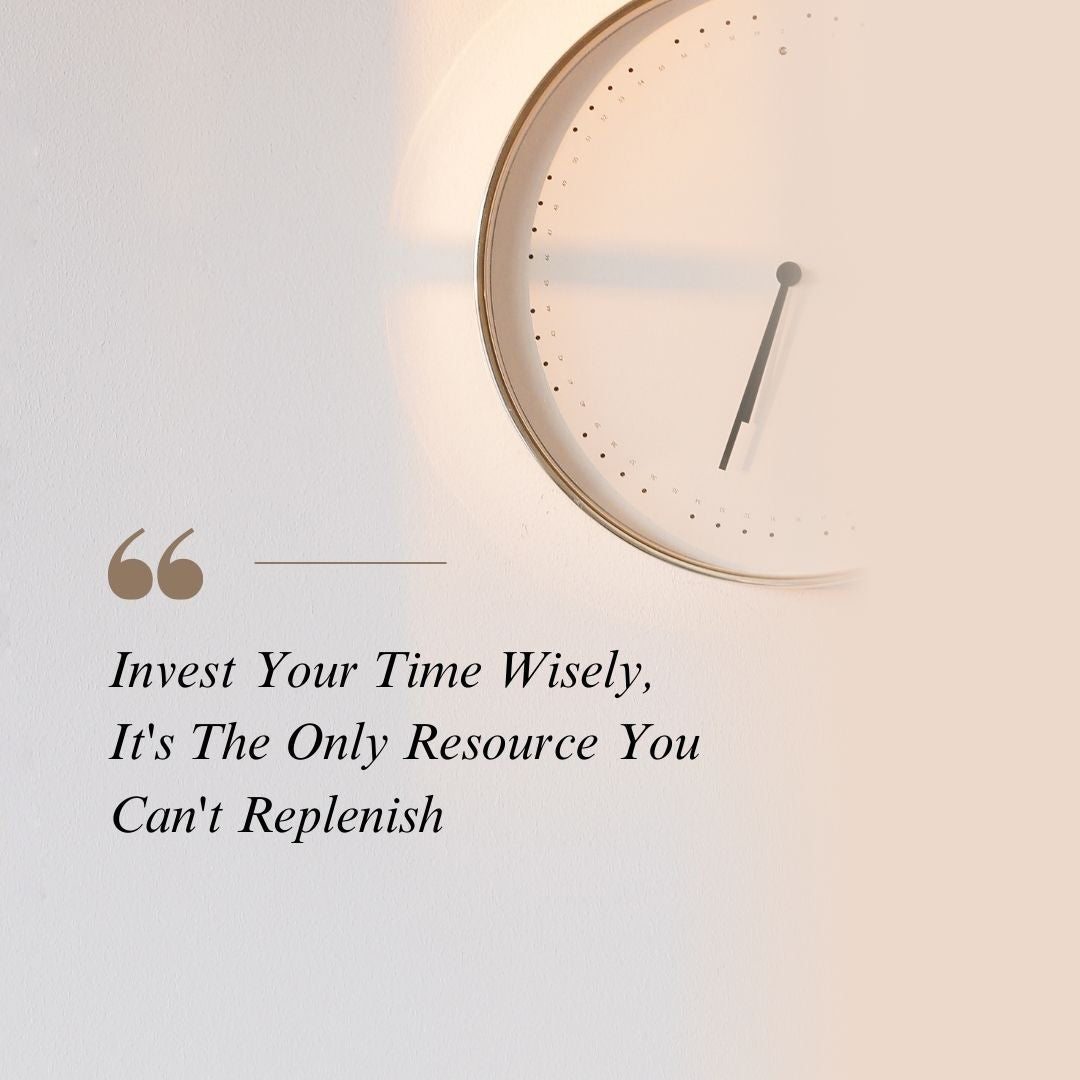In his book, "Four Thousand Weeks: Time Management for Mortals," Oliver Burkeman explores the finite nature of our existence, the challenges of modern life, and our obsession with productivity. The title is a reference to the average human lifespan, approximately 4,000 weeks, urging us to reconsider how we spend our limited time.
One of the key themes of the book is the futility of trying to "get everything done." Burkeman argues that the relentless pursuit of efficiency and productivity often leads to a sense of overwhelm and dissatisfaction. In a world that constantly pushes us to do more, be more, and achieve more, it's easy to fall into the trap of believing that we can and should accomplish everything on our to-do lists. However, this mindset is not only unrealistic but also detrimental to our well-being.
Burkeman encourages readers to embrace their limitations and accept that we will never be able to do it all. This acceptance is not about giving up on our goals or ambitions but rather about prioritizing what truly matters. By acknowledging our finite time, we can make more intentional choices about how we spend it. Instead of spreading ourselves thin trying to juggle countless tasks, we can focus on the activities and relationships that bring us the most joy and fulfillment.
Another significant theme in "Four Thousand Weeks" is the value of living in the present moment. In our quest for productivity, we often become so focused on future goals and deadlines that we forget to appreciate the here and now. Burkeman reminds us that life is happening right now, and if we are constantly chasing the next thing, we miss out on the richness of our current experiences.
Living in the present moment means being fully engaged with what we are doing, whether it's spending time with loved ones, pursuing a hobby, or simply enjoying a quiet moment of reflection. It involves letting go of the need to constantly plan and control every aspect of our lives and instead, embracing the uncertainty and spontaneity that comes with being human.
Burkeman also highlights the importance of the "joy of missing out" (JOMO) as opposed to the fear of missing out (FOMO). In a culture that glorifies busyness and achievement, choosing to slow down and savor the present can feel counterintuitive. However, by intentionally opting out of the race to do more, we can find a deeper sense of contentment and peace.
Ultimately, "Four Thousand Weeks" is a call to rethink our relationship with time. It challenges us to move away from the relentless pursuit of productivity and instead, focus on what truly matters. By accepting our limitations and embracing the present moment, we can lead more meaningful and fulfilling lives.
Oliver Burkeman's "Four Thousand Weeks" reminds us that we will never accomplish everything, and that's okay. The true value lies in living fully in the present moment, making intentional choices, and finding joy in the here and now. As we navigate our finite weeks, let us prioritize what matters most and savor the richness of our current experiences.




Leave a comment
This site is protected by hCaptcha and the hCaptcha Privacy Policy and Terms of Service apply.